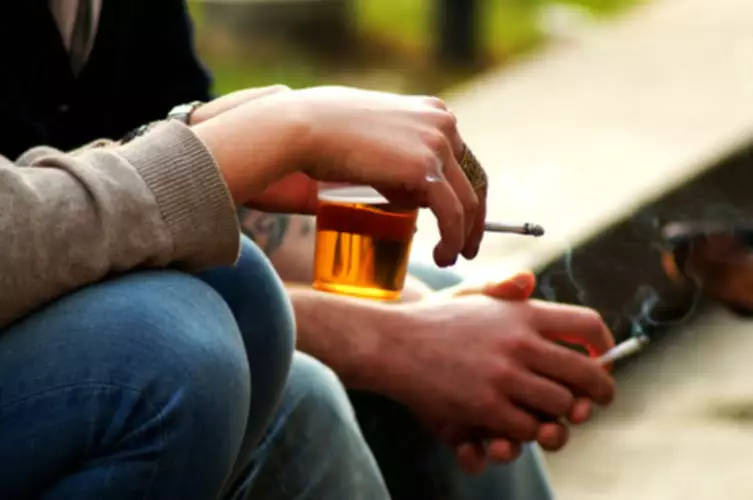
Furthermore, alcohol can make you focus too much on specific words or behaviors from other people. If you see someone cut in front of you in line for the bathroom at a bar or concert, you may react aggressively when you otherwise wouldn’t mind. When drinking, it becomes increasingly challenging to interpret information logically.
- You may feel tempted to try to calm down someone who is exhibiting angry or violent behavior, but this can agitate them even further.
- It can help people suppress emotions that need to be addressed and avoid conflict because of it.
- Alcohol affects your brain and impairs your decision-making and self-control.
- Sometimes people feel upset with their partner, and that is perfectly normal –everyone gets mad sometimes.
Free Healthbeat Signup
- And as the cycle continues, it becomes a never-ending episode of a drama series you can’t switch off.
- Mental illnesses like intermittent explosive disorder can lead to anger.
- Recognizing patterns in your emotions and responses can help in identifying when anger becomes unmanageable.
- But once GABA is metabolized, it mostly converts to glutamine, causing excitement (6).
- You can’t always change the situation but you can change how you react to it.
You can expect to hear about more research, debate, and controversy in the near future regarding the potential risks and benefits of drinking, and how much — if any — is ideal. Of course, no one needs to wait for new guidelines or warning labels to curb their drinking. Many are exploring ways to cut back, including the Dry January Challenge or alcohol-free drinks. Sometimes, you may also have feelings of guilt and shame along with these signs of anger. Inward anger is also a risk factor for alcohol misuse, while outward anger Sobriety is often an outcome of alcohol misuse.

Regular Physical Activity

Additionally, when you don’t reflect on mistakes you’ve made, you’ll probably repeat them. To combat aggressive behavior when drinking, individuals should consciously seek help. Here are a few effects of aggressive behavior related to drinking. It’s sometimes easier for angry people to become aggressive when they’re inebriated.
- It’s equally important that psychotherapists highlight this interaction both with clients who consume alcohol and those in relationships with them.
- FDA (Food and Drug Administration) has approved the following drugs to cope with alcohol dependence.
Alcoholic Rage Syndrome: Does drinking alcohol lead to anger?

Understanding these changes can help manage or prevent anger when intoxicated. Understanding your triggers helps you avoid or prepare for these situations. This is crucial for heavy drinkers who may experience more intense reactions.
Personality and the Propensity to Become Aggressive When Intoxicated
People going through difficult times may turn to alcohol as a coping mechanism, only to find that it amplifies their negative emotions. This can lead to a vicious cycle of drinking to cope with stress, experiencing alcohol-induced anger, and then drinking more to deal with the consequences of that anger. The link between alcohol and anger has to do with alcohol’s ability to remove your inhibitions and disrupt your emotional regulation.
Heavy drinkers are more likely to engage in risky behavior, which includes being violent and acting out hostile alcohol and aggression emotions, often against a loved one. Domestic violence is a very dangerous potential result of alcohol abuse. A 2017 study showed that men under the influence of alcohol had higher rates of physical and sexual aggression. Drinking helps someone escape their negative emotion of anger, and feeling angry lets them avoid the fact that drinking has become a problem.


